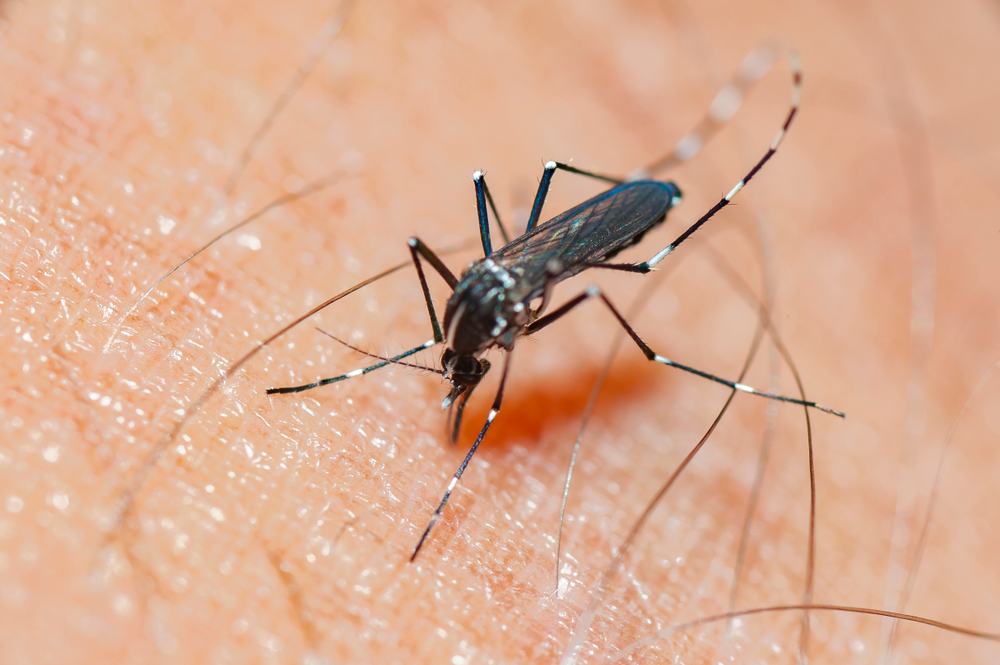The civic body’s plan to fight dengue by imposing a hefty fine on people who allow mosquitoes to breed on their premises is proving to be ineffective because of the resistance and legal challenges the move faces, officials said.
The Calcutta Municipal Corporation had last year made Rs 1 lakh the maximum fine for failing to destroy mosquito-breeding sites on one’s premises despite being told to do so by the civic body.
Earlier, the maximum fine for the offence was Rs 5,000.
While a medical officer of the CMC decides who will be fined, the amount is fixed by the metropolitan magistrate’s court.
“On most occasions, the fine order is sparking litigation. Besides, a section of civic medical officers is becoming reluctant to start proceedings against errant property owners or occupants fearing legal hassles. The officers are wary of appearing in court,” said a CMC official.
“Also, the stiff amount has increased the resistance among a section of residents to inspection of the premises by civic officials.... As of now, the fine has failed to be a deterrent.”
The official’s statement is borne out by an outbreak of dengue since mid-September.
A CMC official said 3,500 dengue cases had been reported in the Calcutta municipal area since January and close to 2,500 of them since mid-September.
Six dengue patients died in the city this year, all after August.
“People could not care less when the fine was Rs 500 or Rs 1,000. They started moving court when the amount was increased to Rs 5,000. Now that the fine is Rs 1 lakh, the number of petitions has increased manifold. This is coming in the way of our fight against dengue,” a CMC doctor said.
The civic health department this year has fined 260 people for failing to remove accumulated water from their premises and letting mosquitoes breed on them.
The CMC has collected Rs 5.79 lakh from 32 of them. The rest are yet to pay.
Dengue is spread by the Aedes aegypti mosquito, which breeds in clean, stagnant water. It takes a week since eggs are laid for adult mosquitoes to emerge.
Doctors and other public health professionals urge people to drain out stagnant water once a week to prevent breeding of the dengue transmitter.
In some of the cases that have gone to court, defence lawyers submitted that civic doctors were not trained in identifying the Aedes aegypti larva.
Several CMC doctors said the hearings and court appearances were taking up most of their time, hampering vector-control programmes and treatment of patients.
A medical officer, being the head of the civic health department in a ward, has to be on the ground for effective supervision of the anti-mosquito drive.
“His or her absence from the office affects operations,” an official said.











